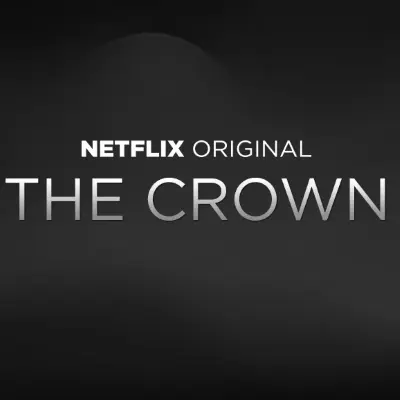The Crown proves that carefully built myths can also be easily dismantled
-

"Much of the criticism of this series of The Crown has stemmed from the perceived inaccuracies of the 'history' on offer," says Phil Harrison. "It’s a peculiar complaint, not least because this has always been an issue, so it seems strange to raise it so late in the day. After all, as far back as season one, the series was dabbling in alternative facts – for example, there’s no convincing evidence that the Queen took Winston Churchill to task for his handling of the London smog crisis. This was a device intended to show Elizabeth II’s sense of devotion to her subjects. It seems there was no problem with altering history when it painted 'The Firm' in a good light. In truth, TV treatments of the institution of monarchy have been subtly shifting for a while. And why shouldn’t they move with the currents of the times? After all, what is the institution of royalty if not a constructed narrative; a story we allow ourselves to be told? Arguments about accuracy are, at root, arguments about the whole concept of storytelling – which is the speciality of supporters of the monarchy and the Windsors themselves. What was the Charles and Diana match if not exactly that? A stage-managed 'fairytale' wedding between two palpably ill-suited individuals working towards the continuity of a longer story. If series four of The Crown emphasises the misery of that marriage, it’s simply reminding us that even in so-called real-life, there’s no such thing as a consistently reliable authorial voice. If myths can be built, they can be dismantled, too, when the dramatic need arises. In terms of its content, The Crown is unusual, in that it represents a break from certain traditions governing small-screen royal mythmaking. Most serious TV dramas portraying the family have either imagined possible futures – such as King Charles III (BBC Two) which posited a constitutional crisis triggered by Elizabeth II’s successor refusing to sign a bill into law – or mined Britain’s deep past. Until recently, there seemed to be an unspoken rule forbidding the exploitation of royal secrets for scurrilous entertainment until a century or so had passed. Shows such as ITV’s Victoria and BBC/Showtime’s The Tudors were essentially origin stories. However, The Crown engages with the events of our lifetimes and this gives it much of its potency, not to mention its potential to cause controversy. In fact, you can sense the parameters of royal narrative building shifting even as you’re watching."
ALSO:
- The Crown is undoing Prince Charles and Camilla Parker-Bowles' two decades of image rehabilitation
- Olivia Colman is among 22 actors who were on both The Crown and The Iron Lady
- The Crown has inspired some great impressions on TikTok
- The Crown music supervisor Sarah Bridge explains song choices such as "Edge of Seventeen" and "Girls on Film"
- The outfits on The Crown comes from an online vintage clothing located in a house in Central London
- Meet the British man who was most outraged by Josh O'Connor's "criminal" portrayal of fishing
TOPICS: The Crown, Netflix, Camilla Parker Bowles, King Charles III, Sarah Bridge
More The Crown on Primetimer:
